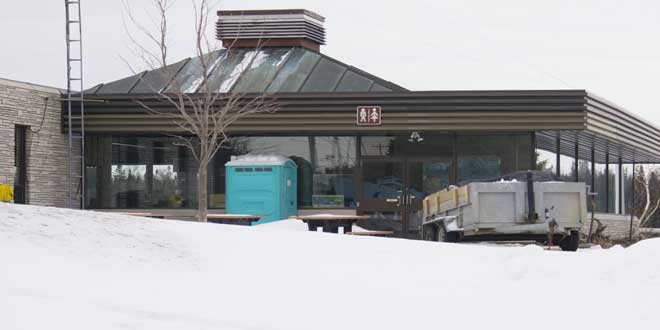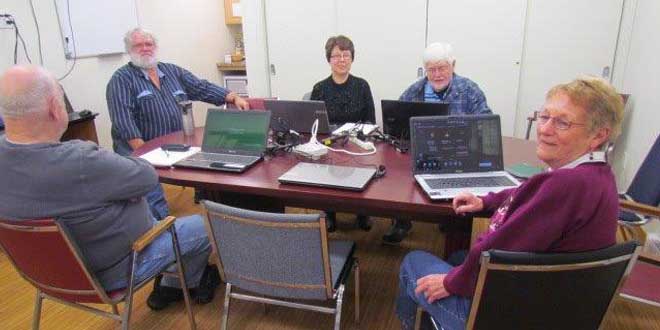The information protest that halted traffic last Friday at the Highway 6/Highway 17 intersection was meant to draw attention to governments’ (both provincial and federal) perceived inaction on the hundreds of “missing and murdered” First Nations women across Canada.
No one disputes the number of 800-plus women who fall into this category, nor the fact that, if you live in a First Nations community, you and/or your family are ten times more likely to die in a house fire than the general Canadian population.
While these statistics are stark, they are not representative of life in Manitoulin Island First Nations communities, but they do represent the national average, skewed towards the experiences in more remote places across Canada.
The statistics about death by house fire are just as startling as are those that deal with the missing and murdered women: each one is far out of proportion to any similar tragedies being visited on any other group of Canadians.
The information blockade on the Trans Canada Highway, and other similar actions across Canada (including the blockading of the CNR passenger rail service near Napanee in southern Ontario for a day the week previously for the same reasons) are inconvenient to the travelling public but they are meant to draw Canadians’ attention to the equally “inconvenient” truth about real concerns facing this particular two percent of the Canadian population.
Whether you live on Manitoulin Island, on Vancouver Island or on Cape Breton Island, if you are a person of First Nations descent and you realize that, within your particular demographic, it’s statistically far more dangerous to be a girl or woman and to dwell in your own home than it is for your non-First Nation neighbours, then you may realistically expect that governments and their services at every level should take an interest in these very real concerns.
That’s why traffic was halted last week at the Espanola turnoff by a group from Manitoulin Island and the North Shore and that’s why the First Nation community from Deseronto, near Napanee, stopped the train the week before that in their area.
“All politics is local”, the adage truthfully points out and so if grassroots citizens are somewhat forced to think about the reasons for the protests that have brought about delays that directly affect them getting to or from Sudbury or Sault Ste. Marie (by road) or to or from Ottawa or Toronto (by train) at least some of them will realize that a small sector of the Canadian population is constantly under stress and then will pass this on to others, eventually including those who wield direct political clout in this nation.
Some of the people who organized these traffic blockades may be “hotheads” but we cannot dispute the fact that in a country as gifted with resources as our own, where the vast majority of our citizens feel they can sleep safely and securely in their beds without particular concern for the welfare of their daughters and sisters and without concern that, statistically, they may end up dead in their bed as their home burns around them, that thoughtful First Nations people have every right to expect the same level of safety and security as the general population.





